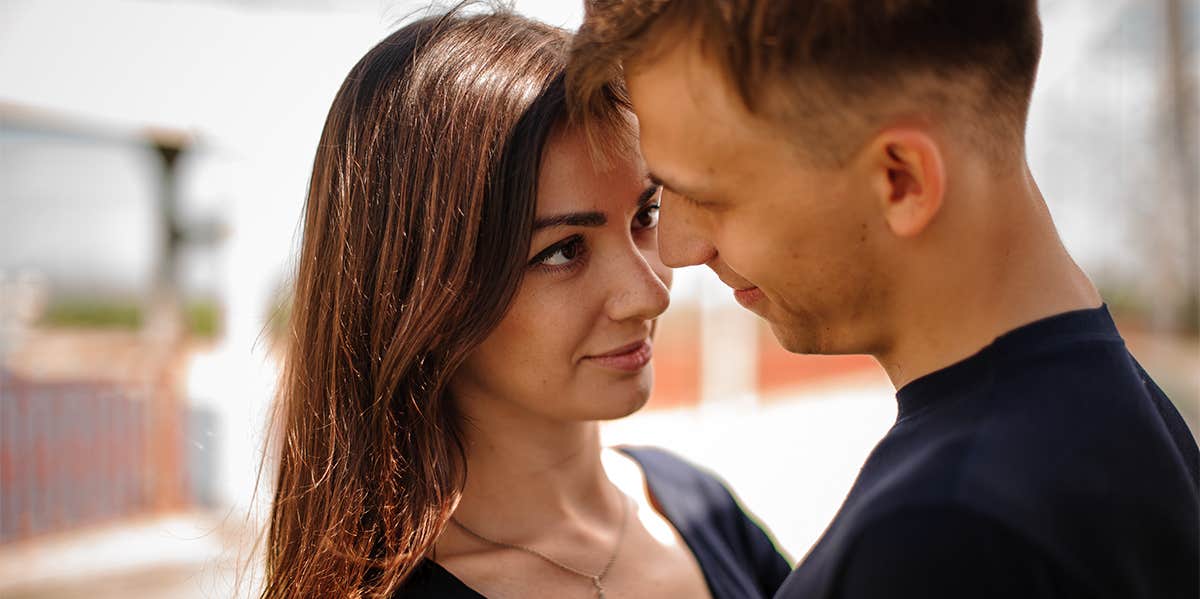4 Ways To Know You’re Unhealthily Codependent
Are you being codependent (which is unhealthy) or supportive and kind (which is healthy)?
 Maksym Fesenko / Shutterstock
Maksym Fesenko / Shutterstock Lots of people make the mistake of thinking of others before they think of themselves.
We see this behavior quite a bit in women and mothers, but anyone can get caught in this cycle of unhealthy behavior. It’s sometimes difficult to know if you’re being codependent (which is unhealthy) or supportive and kind (which is healthy).
The next time you’re not sure if you’re doing too much for someone else, I’d like you to ask yourself these four questions. These filters will help you answer the question, “Am I being codependent?”
Here are 4 questions to ask to know whether you're unhealthily codependent:
1. Who’s working harder?
The first question I want you to ask yourself is, “Am I working harder than the other person?”
If you’re helping someone else out in a given situation, they should be putting at least as much effort in as you are. If you’re the one running around ragged, and they have time to watch a movie, then you’re being codependent.
2. What’s my motive?
The next question I want you to ask yourself is, “Why am I doing this?” Are you doing this for yourself, or for the other person? You want to check your motives and understand the “why” behind your actions. Is it to make yourself feel better or to get something done quicker?
Are you doing this out of guilt, shame or to avoid embarrassment? Do you like the feeling of other people needing you? In other words, what’s in it for you? Sometimes you’ll check in and see that your motives are completely altruistic and, other times, you’ll notice that this is more about you than the other person. Doing things for others out of fear isn’t love; it’s selfish anxiety.
3. What does my gut say?
A lot of times we know what we’re doing is wrong or unhealthy because we get a “funny feeling.”
It’s important to listen to that voice inside your head. Are you feeling resentful or disappointed with the other person when you’re helping them? If so, then this is probably not something you need to be doing or you need to be clearer on why you’re doing it.
4. Am I teaching them to fish?
Lastly, I need you to ask yourself, “Will what I’m doing result in the other person learning new skills so they can do it on their own next time?” Whatever you’re doing for someone else should be helping them reach their next level of autonomy. If the other person will be dependent on you for this particular thing every time it comes up, that’s a problem.
The bottom line is that you need to have a healthy relationship with yourself first before you can have a healthy relationship with anyone else. Work on these four areas and you’ll quickly find yourself happier in all your relationships.
Dr. Abby Medcalf is a relationship mover and motivational speaker who has been helping individuals and couples create happy, connected, and fulfilled relationships for 25 years.

